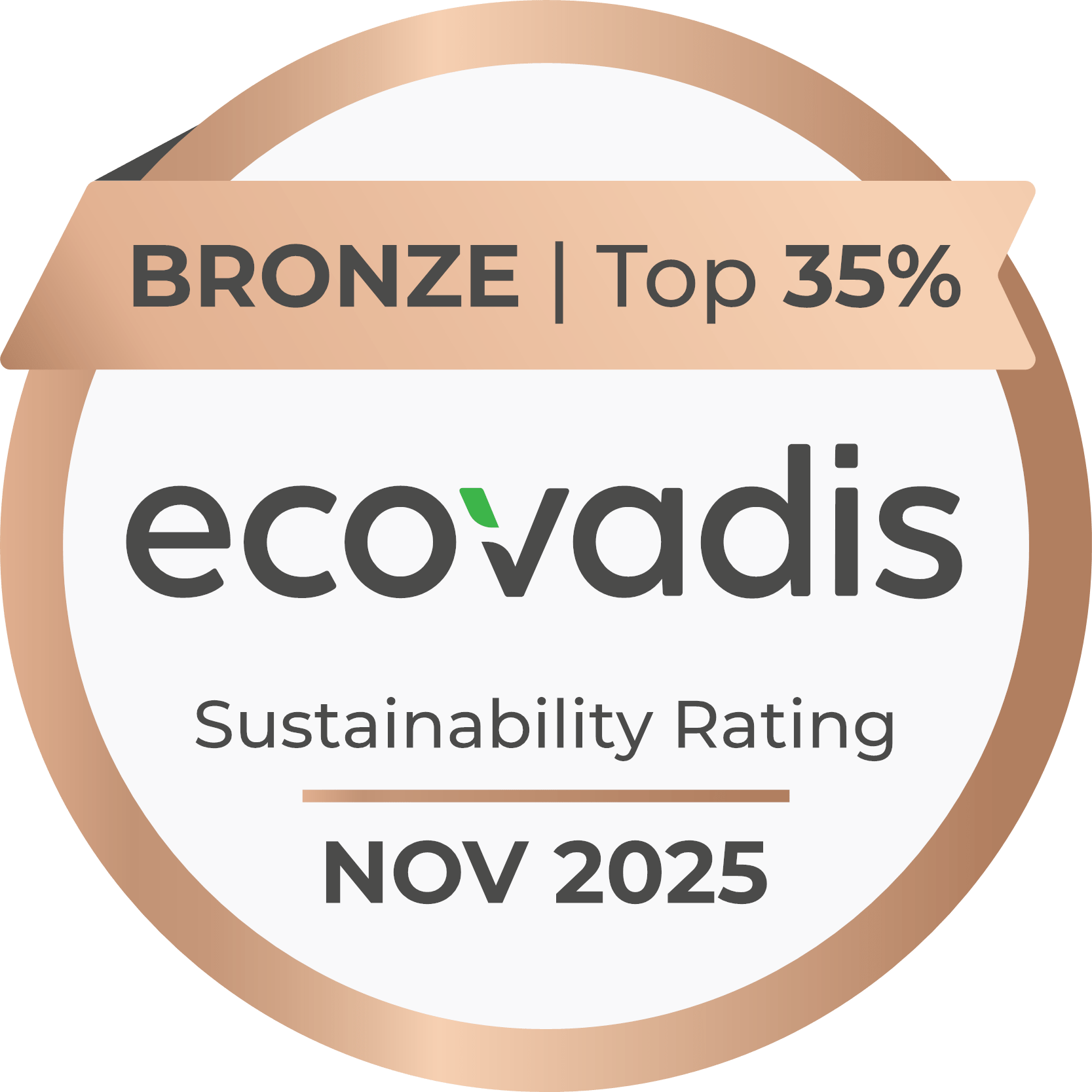Sustainable Supply Chain and Risk Analysis
Resource conservation & efficiency increase: We bring theory to the point & translate it into practice
/ OUR OFFER
Sustainable Supply Chain and Risk Analysis
SUSTAINABLE SUPPLY CHAINS AS THE KEY TO BUSINESS SUCCESS
Sustainably oriented supply chains and procurement areas are critical factors for the long-term success of companies. A comprehensive risk analysis helps identify potential weaknesses in the supply chain and take appropriate action. At the same time, implementing sustainable procurement practices enables increased efficiency, cost reduction, and enhanced resilience to global challenges. These strategies not only contribute to improved corporate performance but also increase attractiveness for employees, customers, and investors.
Legal Framework
Currently, Germany has the Supply Chain Due Diligence Act (LkSG), which requires companies with 1,000 or more employees to conduct a risk analysis of their direct and indirect suppliers (only with substantial knowledge) regarding human rights and environmental risks.
In May 2024, the Corporate Sustainability Due Diligence Directive (CSDDD) was adopted at the European level, obligating companies with 1,000 or more employees and global revenue of 450 million euros to extensive due diligence duties concerning environmental and human rights issues across the entire supply chain. This directive is to be transposed into local law within 2 years and lead to harmonization of local laws (e.g., LkSG).

The Omnibus package presented by the European Commission on 26 February 2025 brings significant changes to sustainability reporting and supply chain responsibility:
Corporate Sustainability Reporting Directive (CSRD)
- Restriction of scope: Only companies with more than 1,000 employees and a balance sheet total > 25 million euros and/or revenue > 50 million euros are subject to reporting obligations.
- Delay of reporting obligations: First reports for newly covered companies only in 2028 (for fiscal year 2027).
- Simplification of reporting requirements: 80% fewer mandatory data points, focus on quantitative data.
Corporate Sustainability Due Diligence Directive (CSDDD)
- Postponement of implementation by one year for large companies.
- Focus of due diligence on direct business partners.
WHAT IMPACT DOES THE OMNIBUS INITIATIVE HAVE ON COMPANIES?
The reduction of reporting obligations could be an opportunity for companies in the second implementation wave (companies with 1,000 employees and 50 million euros revenue and/or 25 million euros balance sheet total): more time to refine strategies, measures, and indicators and to prepare transparent publication.
The basic principle of the CSRD remains: It is about identifying risks, impacts, and opportunities along the entire supply chain to integrate social and ecological topics into business activities.
The CSRD will continue to be a reference framework enabling companies to compare themselves, facilitate data exchange with stakeholders, and ensure the quality of their reporting. Compliance with these standards also improves dialogue with investors, customers, and partners.
How do customers benefit from our experience?
The combination of risk analysis and sustainable supply chain management offers companies numerous strategic and economic advantages:
Benefits of risk analysis:
✔ Early risk detection: Potential threats are identified early, enabling proactive action.
✔ Improved decision-making: Well-founded analyses enable strategic decisions and minimize uncertainties.
✔ Protection of corporate reputation: Risks like supply failures can be addressed in advance to avoid negative effects on image.
✔ Competitive advantages: Faster action and targeted measures allow companies to better exploit market opportunities.
Benefits of sustainable supply chains:
✔ Cost reduction: More efficient resource use, waste avoidance, and energy savings lower operating costs in the long term.
✔ Strengthening brand reputation: Environmentally friendly actions improve public image and attract new employees, customers, and investors.
✔ Risk minimization: Transparent and regional supply chains reduce global uncertainties such as transport problems or raw material shortages.
✔ Long-term competitiveness: Sustainability is increasingly expected by customers and partners, enabling companies to position themselves for the future.

By combining these approaches, your company secures stability, strengthens innovation capacity, and actively contributes to a sustainable economy.
THE COMPANIES
WHO HAVE CHOSEN US









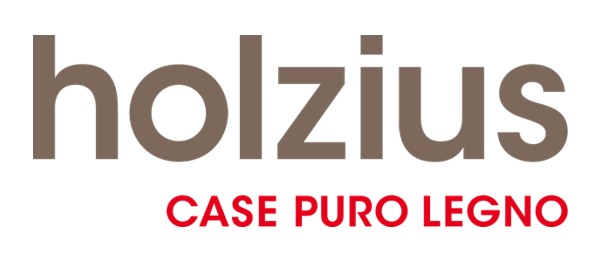







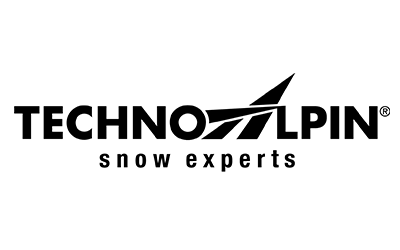

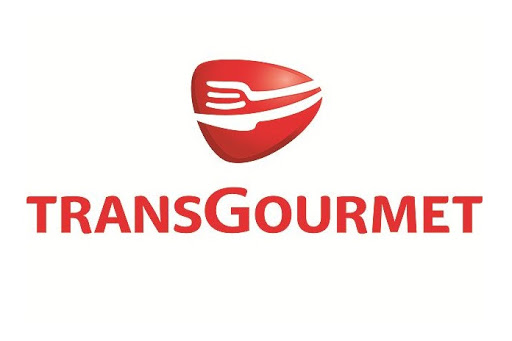



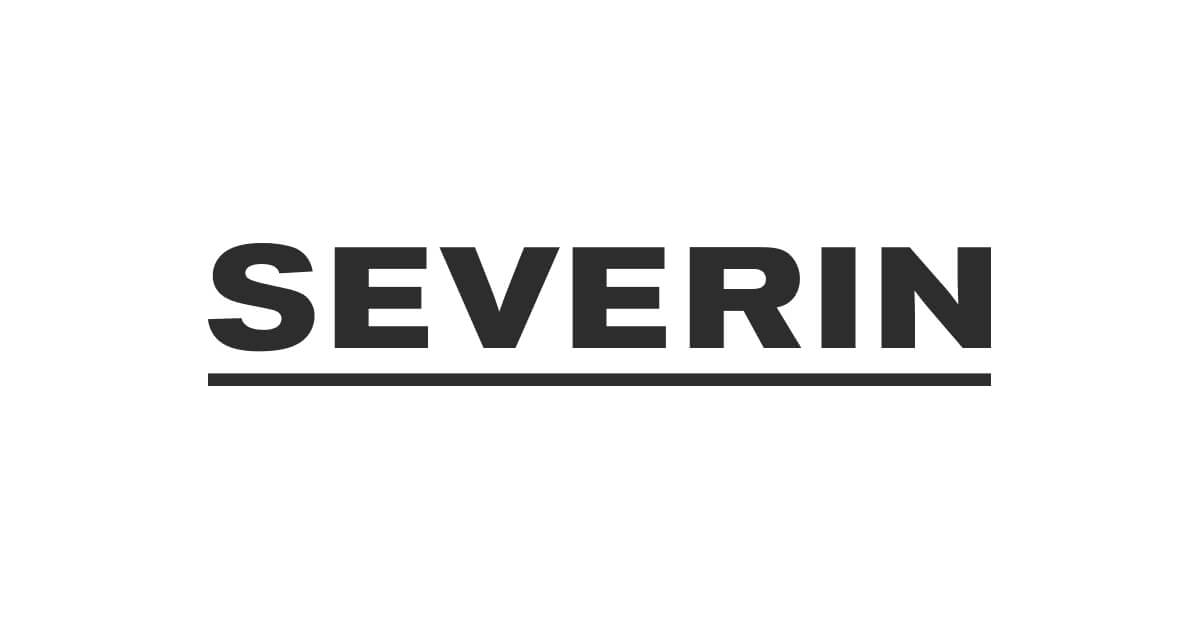



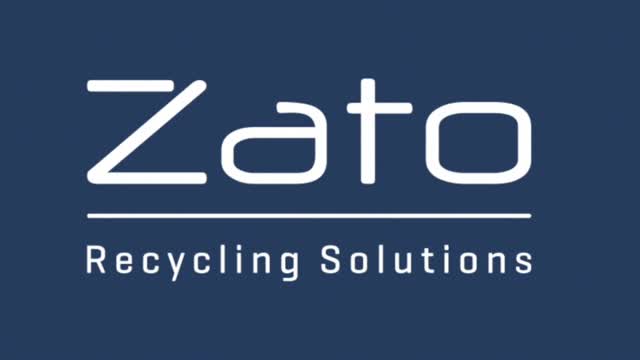
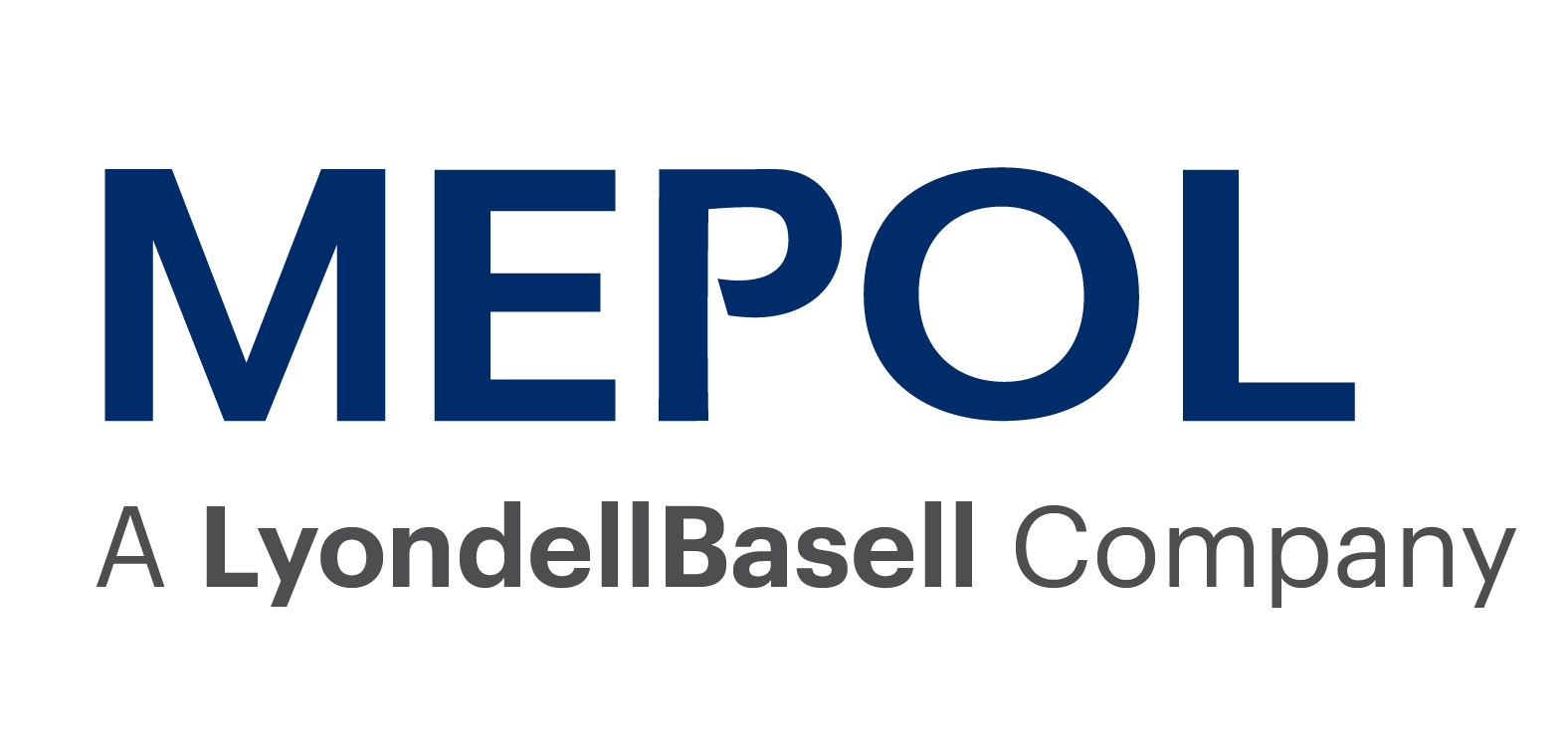

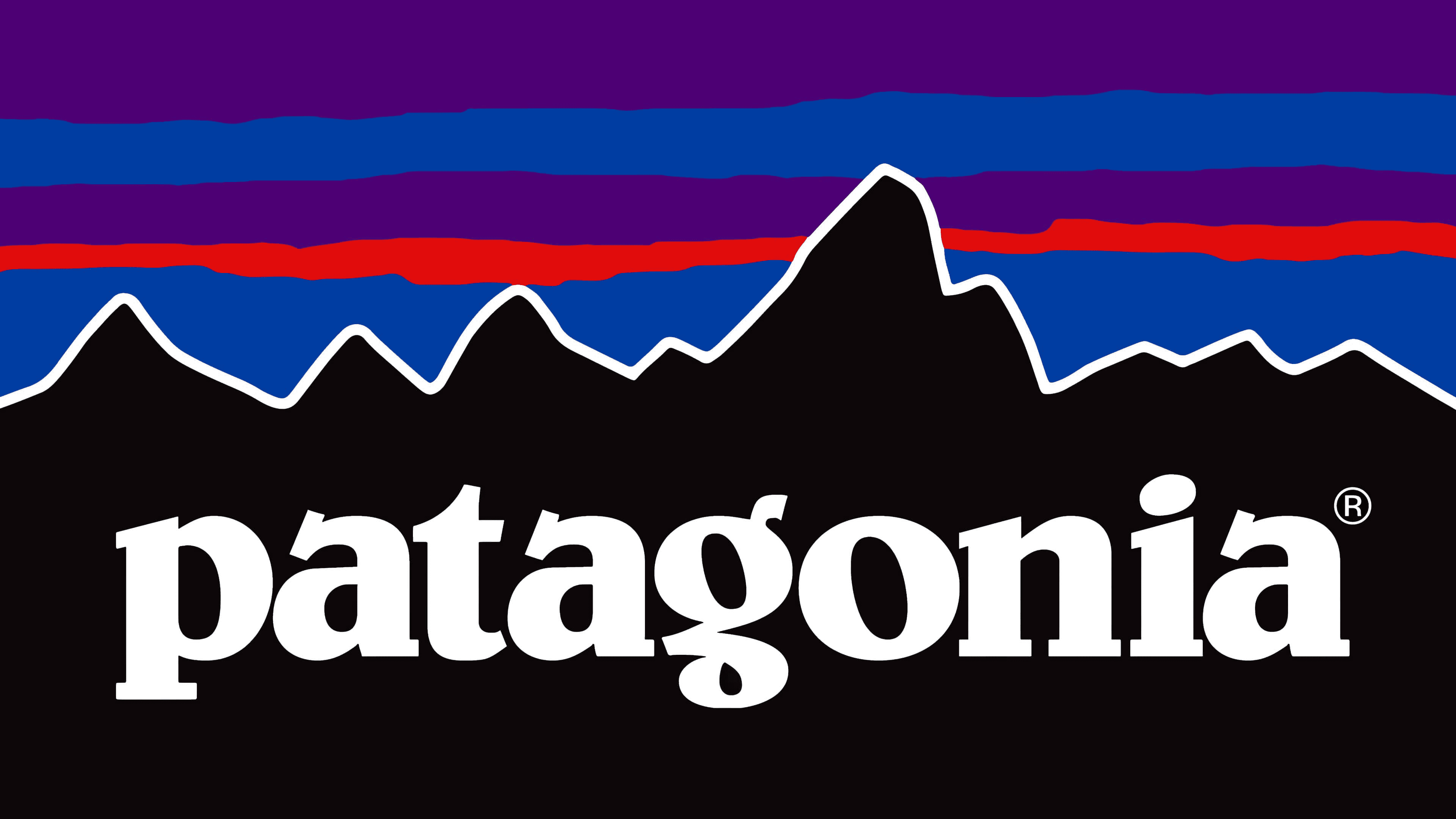




WHY CHOOSE TERRA?

Terra Institute has been a pioneer in sustainable corporate consulting for over a decade and offers extensive expertise in risk analysis and sustainable supply chains. Our holistic and systemic consulting approach combines:
- Practical ESG expertise with deep industry knowledge
- Data-driven solutions for reliable analyses and reports
- Tailored consulting adapted to your specific requirements
- State-of-the-art ESG tools to measure CO₂ footprints, climate risks, biodiversity risks, and social impacts
Our highly specialized, international consulting team supports you in designing strategies, methods, and processes as well as fostering a sustainable leadership mindset. We assist you in transforming procurement, making supply chains transparent, analyzing and prioritizing risks, and implementing effective measures.
With Terra Institute as your partner, you benefit from our many years of sustainability consulting experience and our commitment to accompany companies on the path to authentic sustainability and active contribution to global change.
WHAT IS OUR APPROACH?
Fundamentally, the following four steps come first:
- Understand: Understand procurement strategy, transparently depict the supply chain, develop basic understanding of a sustainable supply chain
- Analyze: Determine due diligence obligations, analyze, assess, and prioritize risks
- Act: Embed effective measures, processes, structures, and control mechanisms
- Report: Submit credible sustainability reporting
At these different stages, we advise companies and thereby enable solid implementation of the requirements.
Concrete measures that our consultants go through with you may include:
- Developing a sustainable procurement strategy
- Compiling a code of conduct for suppliers
- Creating a risk analysis (annual and occasion-based analyses of own business areas and suppliers)
- Setting up preventive measures (internal training, sustainable procurement strategies)
- Taking remedial measures (if violations or breaches of the law exist)
Other questions that may be relevant within a holistic consulting process include:
- How resilient are our supply chains regarding current developments (climate warming, extreme weather, pandemics, biodiversity loss, etc.)?
- How thorough is the risk analysis in our supply chain so far concerning these topics?
- How reliable are the relationships with suppliers?
- Are these relationships stable enough to implement changes together?
Start now – Get advised!
Do you want to make your supply chain future-proof and sustainable? We support you with sound risk analysis and proven practical solutions for sustainable supply chains!
Contact us now and optimize your supply chain strategy together with our experts.
Frequently asked questions on sustainability reporting – FAQs
1. WHAT IS THE SUPPLY CHAIN ACT ACTUALLY?
The Supply Chain Act is a law by the German Federal Government, which came into force on January 1, 2023, and obliges companies within the scope of application to consider human rights and ecological aspects in their supply chains. These obligations relate specifically to their own business area, the actions of contractual partners, and the conduct of other (indirect) suppliers.
2. What is a risk analysis in the supply chain?
A risk analysis in the supply chain is a systematic process in which potential risks along the entire value chain are identified, assessed, and prioritized. The goal is to detect human rights, environmental, and economic weaknesses early and to take appropriate risk mitigation measures.
3. Why is sustainable supply chain management important?
Sustainable supply chain management helps companies use resources more efficiently, reduce costs, and minimize risks such as raw material shortages or reputational damage. It strengthens resilience to global challenges and improves brand reputation as well as attractiveness to customers and investors.
4. What legal requirements apply to companies?
The most important regulations are the Corporate Sustainability Reporting Directive (CSRD) and the Corporate Sustainability Due Diligence Directive (CSDDD). These oblige companies to report on ESG topics (environment, social, governance) and to fulfill due diligence obligations along the supply chain. The Omnibus package 2025 has partially simplified these requirements.
Contacts
Do you have any questions or would you like our support on your way to becoming a sustainable company?
The easiest way to get in touch with us is here!
Please note our Privacy Policy and conditions.
Thank you very much! We look forward to receiving your message!
office@terra-institute.eu
Tel. +39 0472 970 484.
-


BRESSANONE HEADQUARTERS
Terra Institute Srl
Via Sant'Albuino 2
39042 Bressanone (BZ)
Italy
INNSBRUCK OFFICE AUSTRIA WESt
Terra Institute Austria FlexCo
Karl-Kapferer-Straße 5
6020 Innsbruck
Austria
